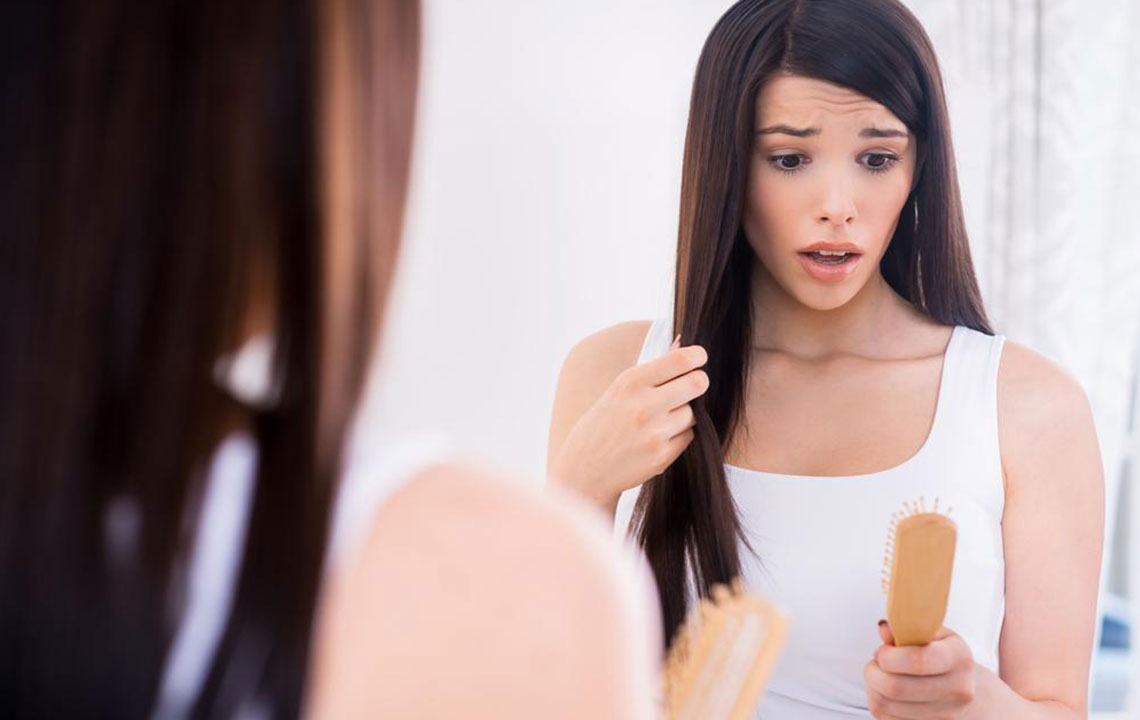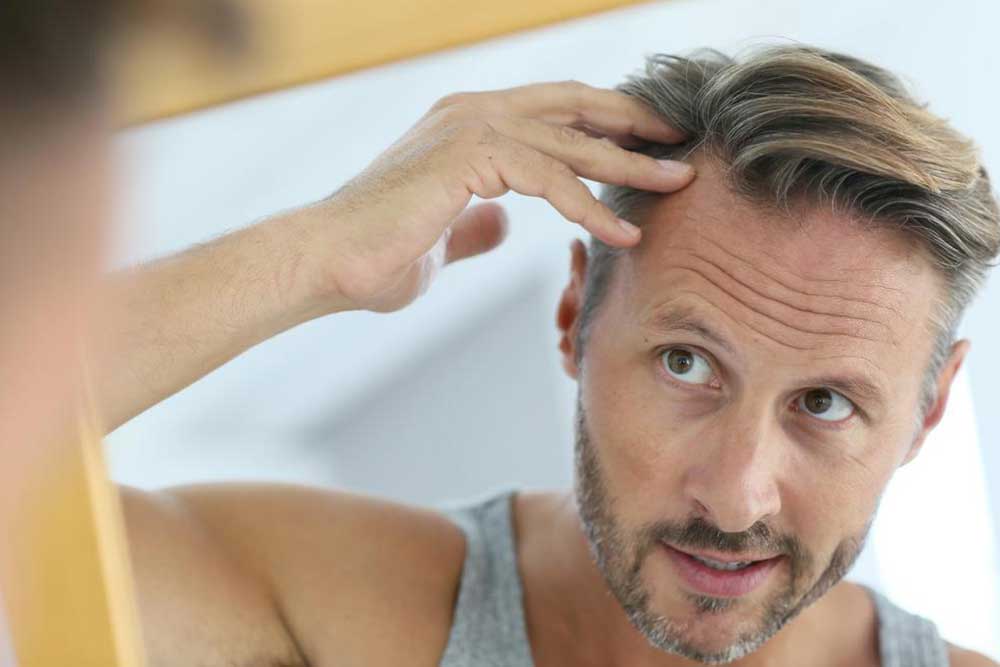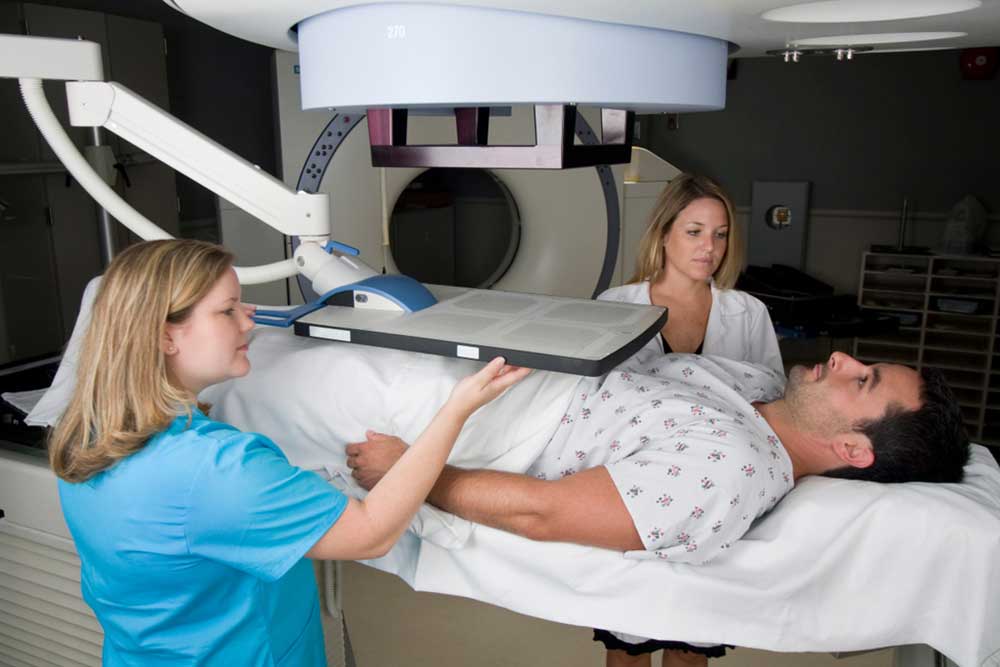Comprehensive Guide to Female Hair Loss Solutions
This comprehensive guide explores effective female hair loss treatments, including medications, hormone therapy, and surgical options. It emphasizes combining medical solutions with healthy lifestyle choices to promote hair regrowth and scalp health. Consult a specialist to determine the best course for individual needs and ensure safe, effective treatment outcomes.

Comprehensive Guide to Female Hair Loss Solutions
Persistent hair shedding can be a significant concern for women, affecting confidence and overall appearance. The severity varies from thinning strands to total baldness, with causes including genetics, nutritional deficiencies, health conditions, and stress. Fortunately, there are effective treatments available to promote healthy hair growth and strengthen the scalp.
Female pattern hair loss (FPHL) is the most prevalent type, caused by androgenetic alopecia resulting in widespread thinning across the scalp. Some women also experience diffuse thinning combined with specific bald spots.
To combat hair loss and encourage growth, several treatments are recommended:
Minoxidil
Originally used as a medication for high blood pressure, minoxidil was later discovered to stimulate hair growth as a side effect. It can be taken as a topical solution or oral medication, helping many women regain thicker hair and reduce thinning when used consistently.
Hormone Therapy (Estrogen)
Hormone replacement therapy (HRT) increases estrogen or progesterone levels, especially beneficial during menopause. It addresses hair loss caused by hormonal imbalance, supporting healthier growth and scalp conditions.
Hair Restoration Surgery
This procedure involves transplanting healthy hair follicles from one area of the scalp to balding regions. Though costly and requiring multiple sessions, it provides durable, natural-looking results with minimal scarring and long-term benefits.
Cimetidine
Initially used for ulcers, cimetidine inhibits certain hormones to prevent hair loss. It blocks dihydrotestosterone (DHT) from attaching to hair follicles, mitigating androgen-related thinning.
Ketoconazole
This antifungal medication can reduce testosterone and androgen levels, helping with hair restoration by curbing hormone-related hair thinning.
Cyproterone Acetate
Often prescribed for severe hirsutism and hormonal issues, this medication inhibits androgen receptors, helping manage androgenic alopecia and related hair loss in women.
Oral Contraceptives
Birth control pills lower ovarian androgen production, which can reduce hair thinning caused by androgens. Consultation with a healthcare professional is essential to assess risks like clotting or other side effects.
Beyond medical treatments, maintaining a nutritious diet and a healthy lifestyle play vital roles in supporting hair health. Consulting a dermatologist or specialist can guide appropriate, personalized strategies for managing hair loss effectively.










